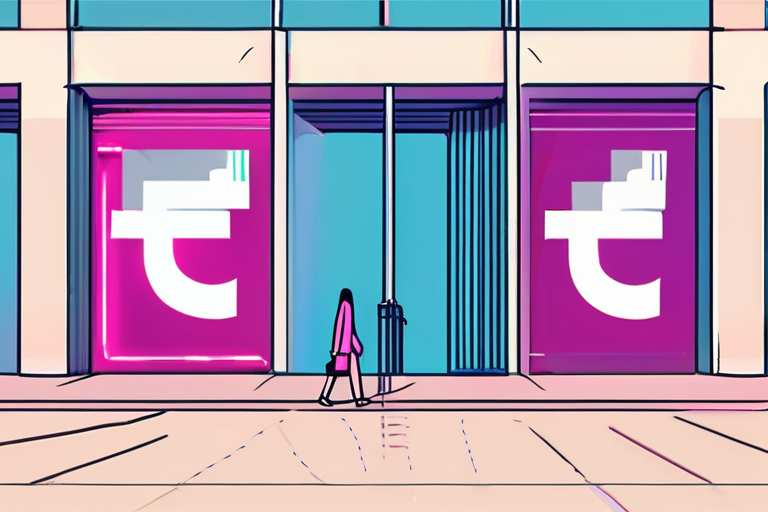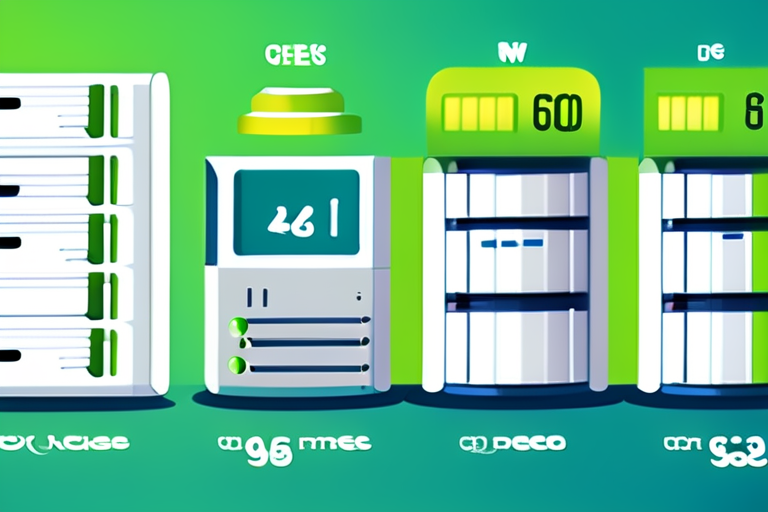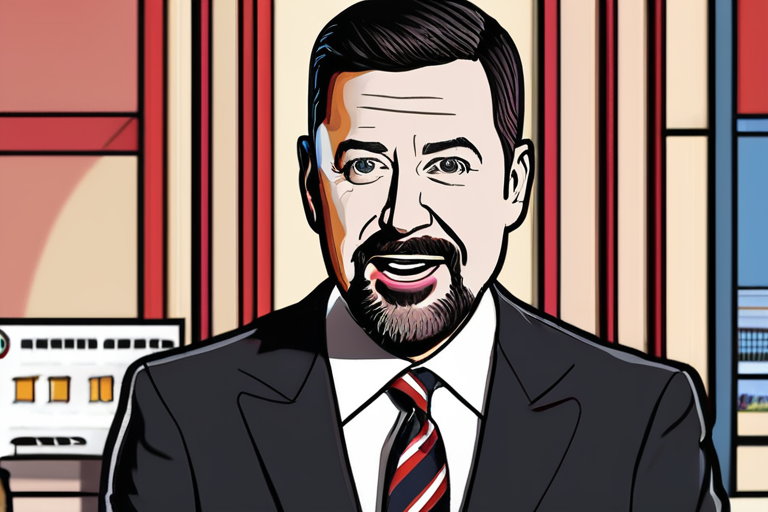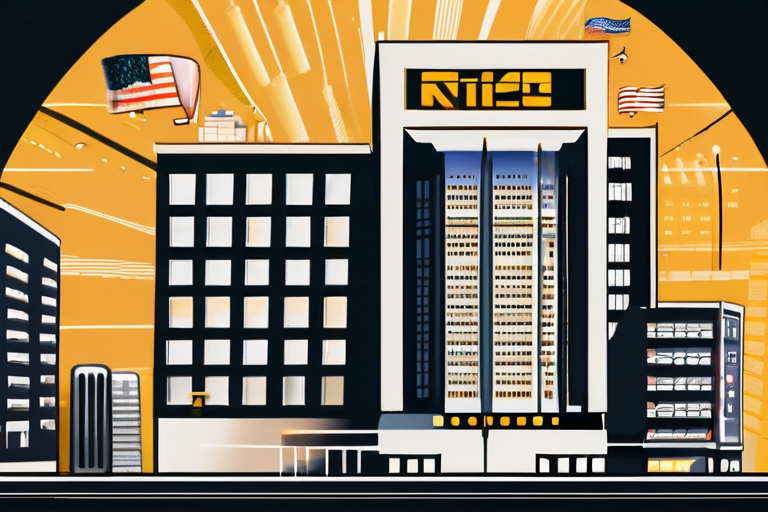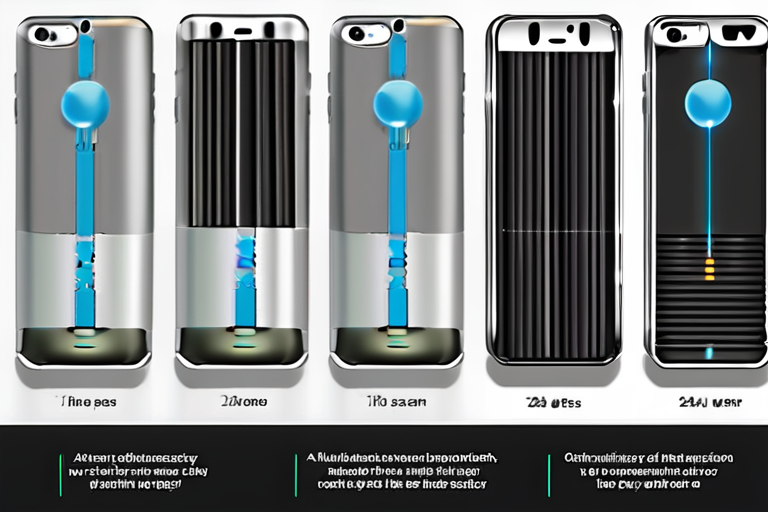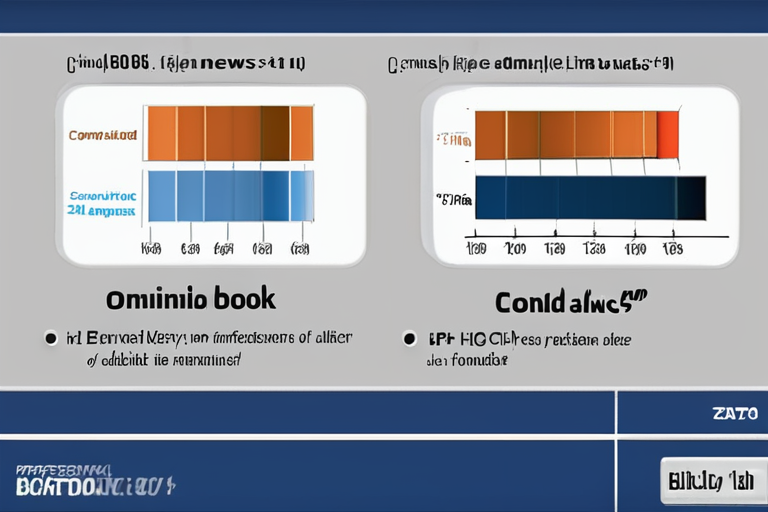Apple's stock surged early in the week, propelled by reports of spectacular demand for the new iPhone Air. The shares jumped by 4.5% on Monday, reaching a new high of $184.23, as investors eagerly anticipated the phone's release. However, the euphoria was short-lived, as the stock plummeted by 7.2% on Tuesday, wiping out the previous day's gains and more, amidst concerns over the phone's actual demand.
Financial details revealed that Apple had indeed received robust preorders in China, with some reports suggesting that the company had sold over 10 million units in the first 24 hours. However, the numbers were not as impressive as they seemed, as analysts pointed out that the preorders were largely driven by Apple's loyal customer base and not by new customers. Furthermore, the phone's sales were not as strong as expected in other key markets, such as the United States and Europe.
The market impact was significant, as the sudden reversal in Apple's stock price sent shockwaves through the tech sector. The NASDAQ composite index, which is heavily weighted with tech stocks, fell by 1.5% on Tuesday, while the S&P 500 index declined by 0.8%. The sudden whiplash in Apple's stock price was a stark reminder of the dangers of engineered belief in the market.
Apple, the world's most valuable company, has a long history of innovation and disruption. Founded by Steve Jobs, Steve Wozniak, and Ronald Wayne in 1976, the company has revolutionized the way we communicate, work, and play. The iPhone, which was first released in 2007, has been a game-changer for the company, accounting for over 50% of its revenue. However, the iPhone Air saga has raised questions about the company's ability to maintain its dominance in the market.
The future outlook for Apple is uncertain, as the company faces increasing competition from rival tech giants, such as Samsung and Huawei. The iPhone Air saga has also highlighted the importance of transparency and honesty in corporate communications. As investors become increasingly sophisticated and skeptical, companies must be prepared to provide accurate and timely information to maintain investor confidence.
In conclusion, the iPhone Air saga is a cautionary tale about the dangers of engineered belief in the market. While Apple's stock price may have recovered from the initial shock, the incident serves as a reminder of the importance of separating hype from fact and the need for transparency and honesty in corporate communications. As the market continues to evolve and become increasingly complex, investors must be prepared to navigate the challenges of engineered belief and make informed decisions based on accurate information.






